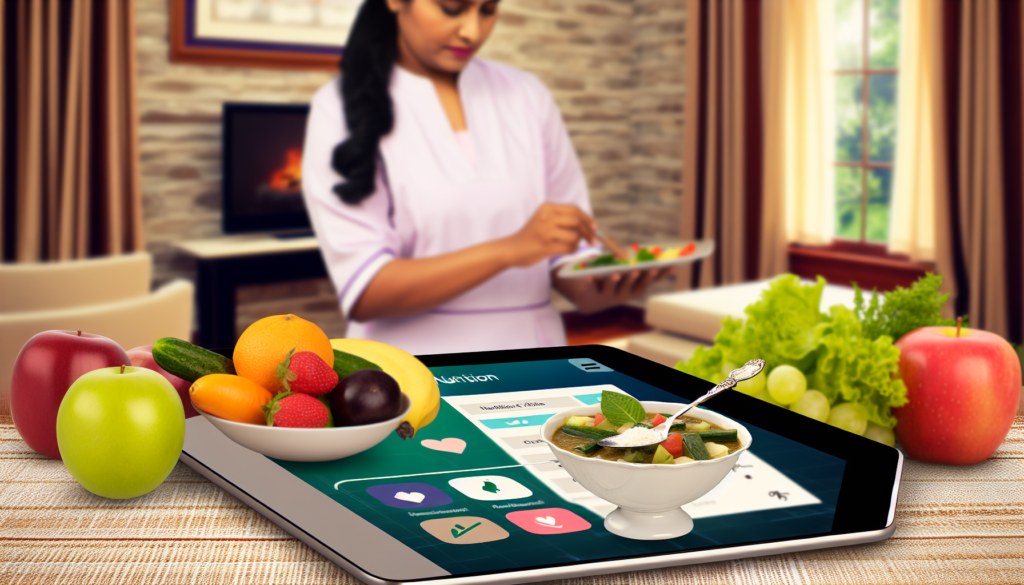Importance of Nutrition in Home Health Care
In the world of home health care, nutrition often plays a critical role in a patient’s overall health and wellbeing. It contributes to their energy levels, strengthens their immune system, and aids in recovery from illnesses or surgeries. As such, it’s essential for patients, caregivers, and health enthusiasts alike to understand the importance of nutritional care in the home health setting.
Nutrition and Chronic Disease Management
Many patients receiving home health care may have chronic conditions like diabetes, cardiovascular diseases, or kidney ailments that require dietary adjustments. It is crucial for these individuals to have a balanced diet rich in vitamins, fiber, and lean protein, while simultaneously limiting sodium, sugar, and unhealthy fats. Modifying nutritional intake can significantly improve the management of these conditions and enhance a patient’s quality of life.
Nutritional Needs of the Elderly
Older adults with home health care often have specific dietary needs. As we age, our metabolism slows down, and our requirement for certain nutrients increases. Elderly individuals need a diet high in calcium for bone health and rich in dietary fiber to boost digestion. Incorporating a variety of fruits, vegetables, whole grains, lean proteins, and dairy products can help meet these necessities.
Role of Caregivers in Ensuring Nutritious Meals
Caregivers have a pivotal role in ensuring their patients adhere to healthy dietary habits. This can involve planning and preparing meals based on individual nutritional needs, monitoring food intake, encouraging hydration, and even educating patients about good nutritional choices. Therefore, caregiver involvement in meal preparation and supervision is a beneficial aspect of home health care.
Integrating Technology into Home Health Nutrition Care
In this digital age, technology can play an integral part in managing nutrition for home health care patients. From alarm reminders for meal times and medication to apps that help track nutrient intake, technology can be a helpful tool for caregivers and patients. Furthermore, telehealth consultations with dieticians or nutritionists can provide personalized dietary advice without the need for travel or in-person appointments.
Conclusion
Nutrition is often a cornerstone in the realm of home health care. It contributes significantly to a patient’s recovery, overall health, and quality of life. A balanced diet, tailored to individual needs, is integral to managing chronic conditions, supporting elderly health, and enhancing the overall effectiveness of home health care. Therefore, understanding its importance and ensuring adequate nutritional care can lead to significant improvements in patient health outcomes.



